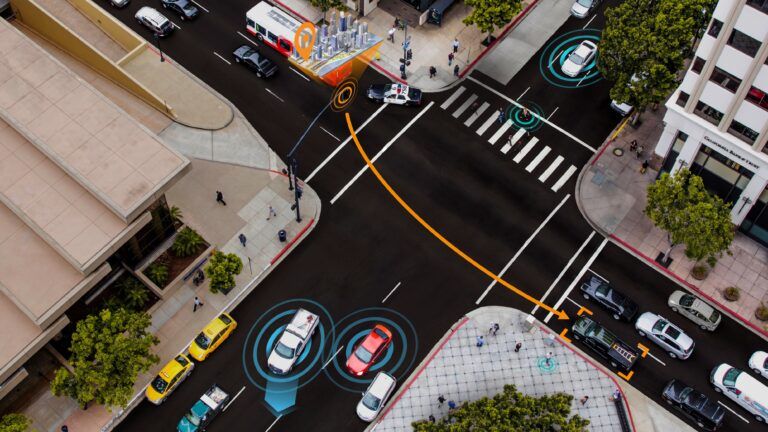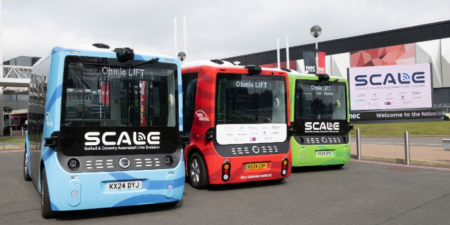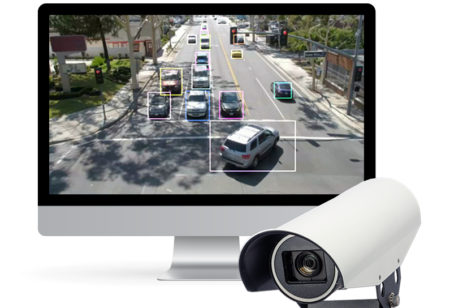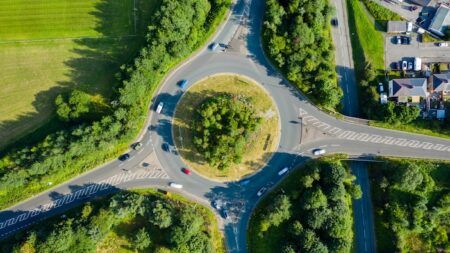A new-generation software architecture, delivered by the European project CLASS, is revolutionizing the interactions between smart cities and their vehicles and citizens in real time. The CLASS software architecture facilitates the way programmers develop, deploy and execute complex big data analytics over a heterogeneous edge and cloud ecosystem. The aim is to collect, store, analyze and process vast amounts of data, and transform it into valuable knowledge for the public sector, private companies and citizens.
Current trends towards the use of big data technologies in smart cities suggest the need for novel software ecosystems upon which advanced mobility functionalities can be developed.
“Can you imagine a city where data is shared between the city and cars to allow for smart traffic management and advanced driver assistance systems?” asks Eduardo Quiñones, CLASS coordinator and senior researcher at the Barcelona Supercomputing Center (BSC). “The CLASS project facilitates the development of complex big data analytics to enhance the interaction between vehicles and citizens in real-time.”
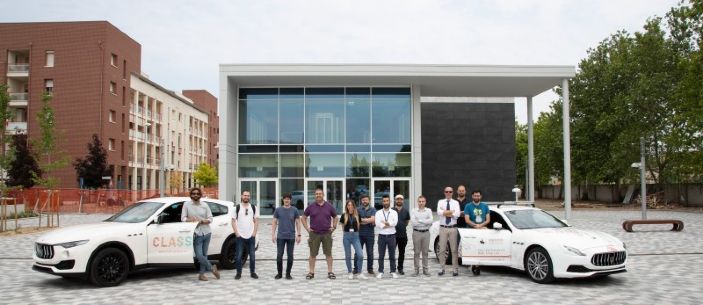
The innovative approach adopted by CLASS integrates technologies from various computing domains, including IoT, edge, cloud and high-performance computing. These are combined with mobile communications to enable sustainable, efficient and safe mobility applications for future smart cities. The CLASS architecture collects data from street cameras, and smart and connected vehicles, which can report in real-time their position and objects detected in the area. By applying advanced data analytics on the collected information, the routes of nearby vehicles and pedestrians can be predicted. Smart vehicles can then be warned and will provide drivers with valuable assistance to avoid possible collisions. Moreover, the same data on moving vehicles is used to estimate car pollution emissions.
“In the real-life urban laboratory at the Modena Automotive Smart Area (MASA), CLASS has tested out the most innovative smart-city technologies, paving the way towards a truly responsive urban area which improves the quality of life for all citizens”, says Luca Chiantore, manager of smart city, demographic services and participation department at Modena City Council. Advanced analytics based on data collected from a network of interconnected cameras in the MASA and from two fully sensorized Maserati cars have demonstrated the potential of the CLASS innovative in traffic management and advanced driver-assistance systems.
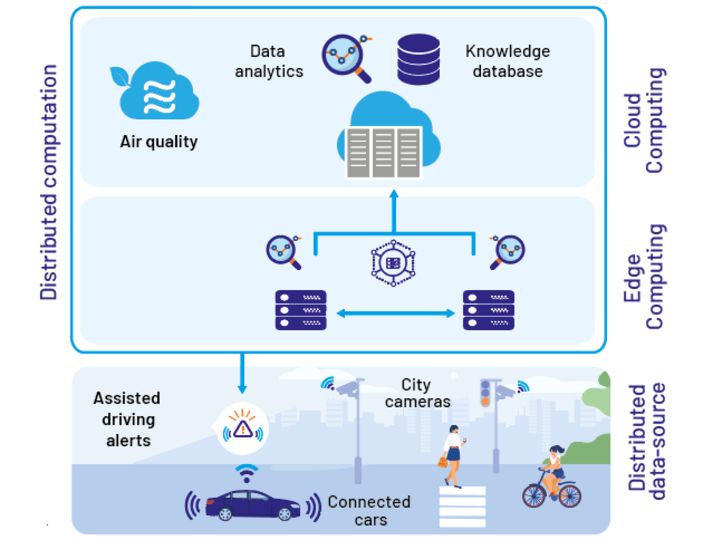
The CLASS project has received funding from the European Union’s Horizon 2020 research and innovation programme under the grant agreement No 780622.


